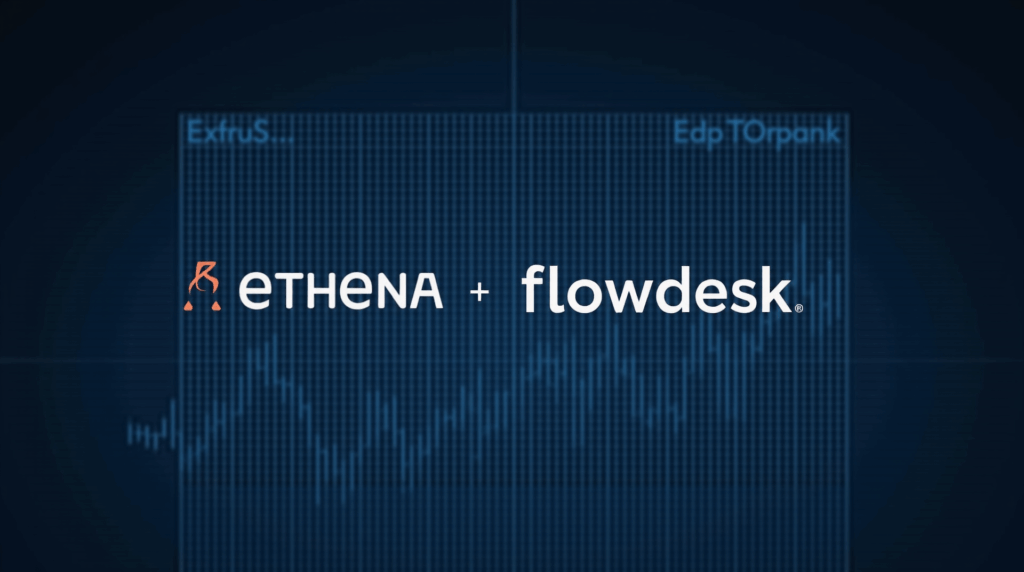Ethena Labs reported a partnership with Flowdesk as its synthetic dollar USDe climbed to $14 billion, a move that aligns with a broader boom in synthetic dollars. The arrangement aims to simplify access for users and traders, affecting both DeFi participants and market makers, according to the note.
The growth of USDe underscores demand for dollar-like holdings in decentralized systems. A synthetic dollar is an asset created on blockchains to mirror the dollar’s value using on-chain mechanisms and derivatives, reflecting how these instruments are gaining traction among crypto participants.
Partnership scope and market context
Ethena engaged Flowdesk to improve access to USDe and its stablecoin USDtb, seeking smoother user and trader experiences, as the report indicates. The partnership also supports the ENA token by aiming to reduce daily price volatility and deepen the order book, according to a public presentation.
Flowdesk contributes its experience and operating model to underpin the initiative. The firm, which was founded by Guilhem Chaumont and Paul Bugnot in 2020, has $132 million in capital and a reported valuation of $250 million, according to the information. The operation places Ethena in a phase of market expansion, backed by a financially supported market maker, as the cited source reports.

What synthetic dollars represent
A synthetic dollar mirrors the value of the dollar using on-chain mechanisms and derivatives, designed to provide dollar-like exposure within decentralized systems while relying on crypto-native market infrastructure.
Important points
- USDe: $14 billion size, says the note.
- Flowdesk: founded in 2020; $132 million in capital; reported valuation of $250 million.
- Focus: improving trading for USDe/USDtb and the ENA token.
- Risk: how stable the dollar peg is, and potential regulatory scrutiny.
Implications for traders, markets, and oversight
For traders and managers, the partnership brings more liquidity available in OTC as well as centralized markets where Flowdesk operates. It offers better ways to mitigate currency risk for users of USDe/USDtb, and there is also a chance of temporary price tightening in related pairs as liquidity conditions adjust.
This growth raises questions about regulation and how stable the dollar peg will remain. Maintaining the peg introduces risk, and it could attract greater attention from regulators, the source notes. It also indicates that Ethena has commercial value, since having a market maker often signals support for more users and price formation.
The next operational metric to watch will be changes in liquidity and spreads in markets where Flowdesk begins to trade USDe or ENA actively, which will directly show whether the partnership results in more reliable access.
In sum, Ethena’s agreement with Flowdesk aligns liquidity, access, and market support with USDe’s $14 billion scale. If liquidity deepens and spreads narrow where Flowdesk is active, participants may see more reliable access across DeFi and centralized markets.


